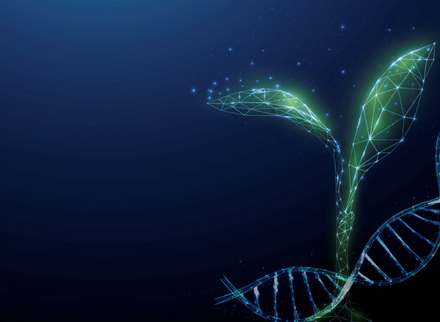Deep Biotech
The BIA has coined a new term ‘Deep Biotech’ to describe the application of modern biotechnologies to humanity's most profound challenges beyond health, including climate change, pollution and food security.
View moreThe BIA identifies and advocates for critical technologies that will change the world and in which the UK has a competitive advantage. Advances across biology, technology, engineering and data science are converging to help create new, potentially life-changing solutions for individuals and societies across the globe.

The BIA has coined a new term ‘Deep Biotech’ to describe the application of modern biotechnologies to humanity's most profound challenges beyond health, including climate change, pollution and food security.
View more
Engineering biology (also called ‘synthetic biology’), is industrialising DNA sequencing, manufacture and editing, making all of it cheaper and more accessible – rather like Microsoft Word did for text-editing.
View more
Biotech companies are using cutting-edge techniques from data-driven tech to transform drug discovery and patient care. We call this interface of biology and technology “techbio".
View more
Genomics, the study of DNA, is transforming healthcare with personalised medicines that target diseases effectively and minimise side effects. It’s also driving precise diagnostics to characterise and prevent diseases. The BIA aims to build on the UK’s strong genomics heritage, working with stakeholders and members to make the UK the best place to scale genomics companies.
View more
mRNA is a molecule that carries instructions from DNA to the ribosomes, where proteins are made. Proteins are the building blocks of life and are responsible for a wide range of functions, including cell structure, metabolism, and signalling.
View morePlease accept {{cookieConsents}} cookies to view this content